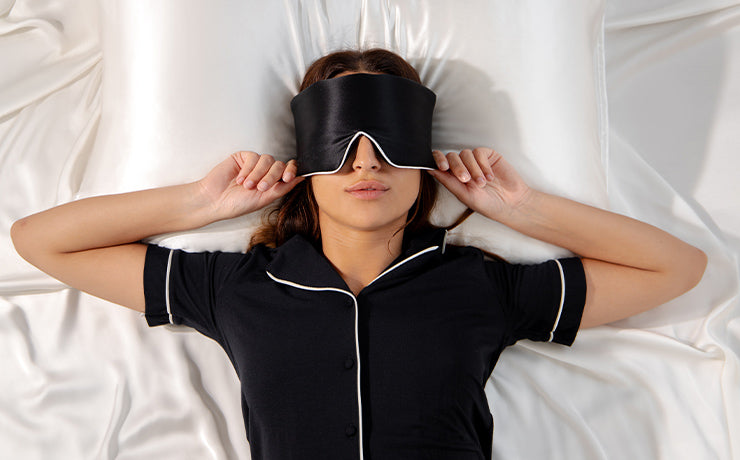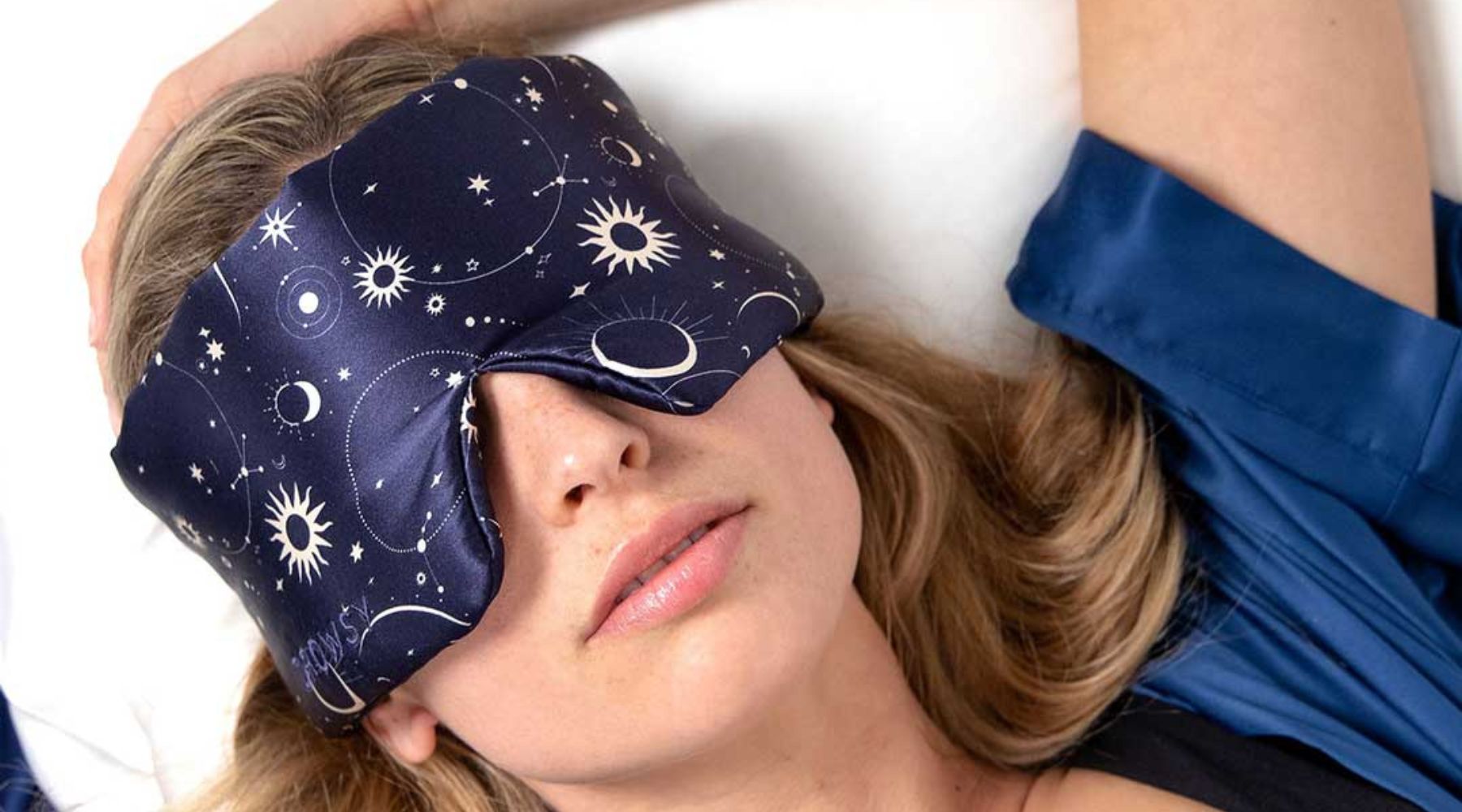What is a normal sleeping heart rate, and how to measure it
When you're tucked into bed, slowly falling asleep, your body goes into repair and recovery mode. One indicator of this restful state is your heart rate, which tends to slow down as you sleep. But what exactly is a "normal" resting heart rate, and how can you measure it? Let's get into the specifics and explore how monitoring your heart rate can improve your cardiovascular health.
Understanding your heart rate
Your heart rate is the number of times your heart beats per minute (bpm). It changes during the day depending on your activities, your emotions, and your health. When you're active, your heart has to pump harder to boost the circulation of blood and oxygen in your body. On the other hand, during sleep, your body doesn't need as much energy, so your heart rate drops naturally.
What is a normal sleep heart rate?
Heart rates can differ from person to person, but an average sleep heart rate range is about 40 to 60 beats per minute. Here are a few factors that can impact your sleeping heart rate:
-
Age: Younger people have a higher resting heart rate than older adults.
-
Fitness level: If you're physically fit, your heart works more efficiently, leading to a lower sleeping heart rate. Athletes, for example, might experience heart rates as low as 30-40 bpm during sleep, which can sometimes coincide with low blood pressure due to a highly efficient cardiovascular system.
-
Medications: Some medicines, such as beta-blockers, can lower your heart rate.
-
Stress and anxiety: High stress levels can keep your heart rate high even when resting.
-
Sleep stages: Your heart rate varies as you transition between different sleep stages. Typically, your cardiovascular system slows down as your heart rate reaches its lowest point (deep sleep).
It's worth noting that what's "normal" for you might not match these numbers. The key is understanding your baseline and being aware of major shifts.

How you should track your sleeping heart rate
Gone are the days when you needed fancy lab equipment to track your heart rate. These days, it's easier than ever to track your sleeping heart rate thanks to technology and a few tried-and-true methods.
1. Fitness trackers and smartwatches
Fitness trackers like Fitbit, Apple Watch, and Garmin are some of the most convenient ways to monitor your heart rate while you sleep. These devices use sensors on your wrist to detect your pulse and detail your heart rate trends throughout your sleep cycle. Most of these give you additional features like sleep tracking so you can observe how your heart rate differs during each stage of sleep. Just wear it to sleep, and voilà—you rise and shine with an entire report.
2. Smartphone apps
If you don't have a smartwatch, several smartphone apps can measure your heart rate using your phone's camera and flash. Popular options include Cardiogram and Heart Rate Monitor. Although these apps are mainly used for spot checks, some can pair with wearable devices for continuous tracking.
3. Manual pulse check
If you would prefer a low-tech method, just feel your pulse manually first thing in the morning. Here's how:
-
Use two fingers (not your thumb) to find your pulse on your wrist or neck.
-
Count the number of beats in 15 seconds.
-
Multiply that number by four to calculate your bpm.
This method isn't as precise as wearable tech, but it's a good backup if you prefer simplicity.
What do the numbers mean?
Now that you have your sleeping heart rate, what do you do with it? It's all about noticing patterns and looking for warning signs.
When it's normal
If your heart rate naturally hovers between 40 and 60 bpm overnight, you're in the sweet spot! This means your body is properly downshifting into rest-and-repair mode.
When to be concerned
If your sleeping heart rate is consistently above or below the typical range, it may be worth looking into. Some possible reasons why this might happen:
-
High blood pressure: This could be due to stress, poor sleep quality, dehydration, underlying sleep disorders (e.g., sleep apnea), or other health conditions (e.g., cardiovascular disease).
-
Low heart rate (Bradycardia): While common in athletes, an unusually low heart rate in non-athletes could signal an issue, especially if accompanied by symptoms like dizziness or fatigue.
If you're unsure about your numbers or experience heart disease symptoms (like chest pain), consult a healthcare professional who can help in treating sleep disorders.

Sweet dreams and a healthy heart
Your heart is a remarkable organ that works tirelessly, even as you sleep. Monitoring your sleeping heart rate can provide valuable insights into your overall health and well-being. But here's the thing: quality sleep plays a major role in keeping your heart happy, and that's where tools like Drowsy Sleep Masks come in.
A well-designed sleep mask isn't just a light blocker; it helps create the perfect sleep environment, allowing your body to relax fully and your heart rate to settle into its optimal range naturally. With its luxuriously soft material and adjustable fit, the Drowsy Sleep Mask can be your secret weapon for deeper, uninterrupted sleep.
Combine it with a consistent sleep routine, a soothing silk weighted blanket, and your favorite sleep tracker to help you improve your rest and heart health.






